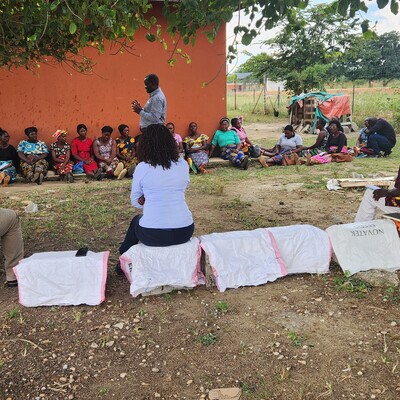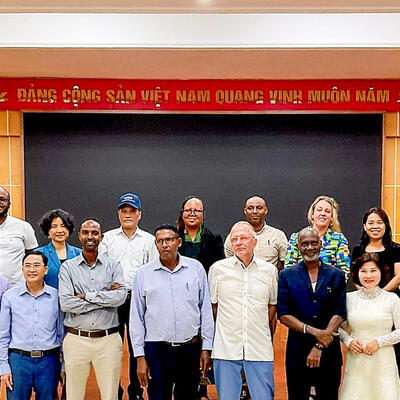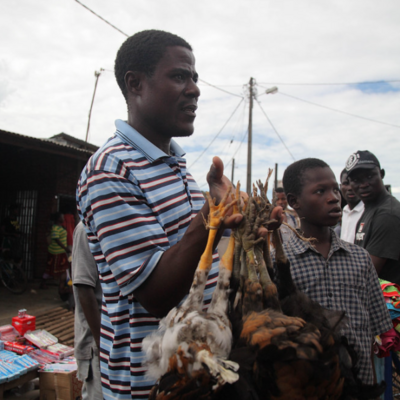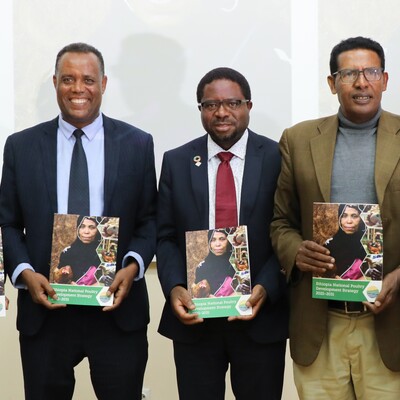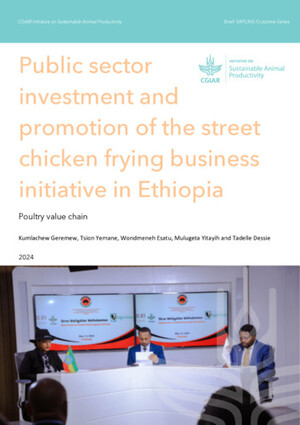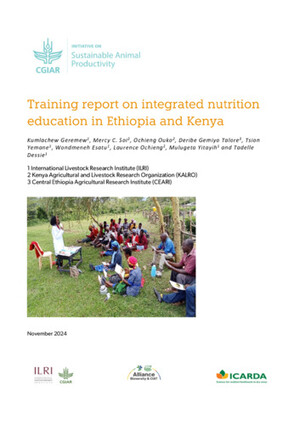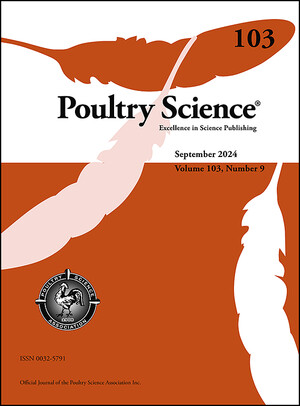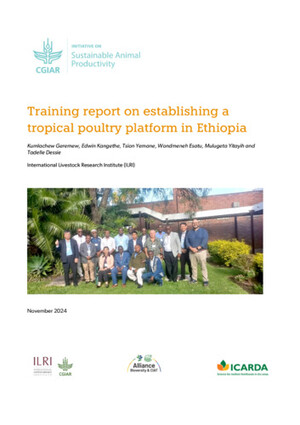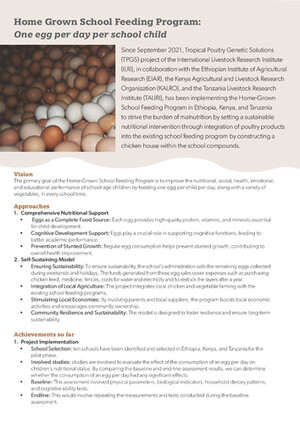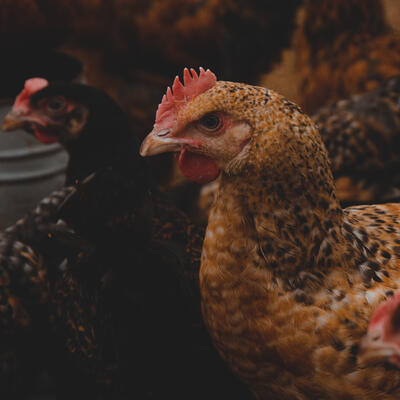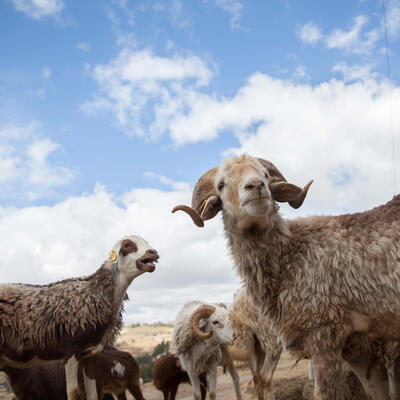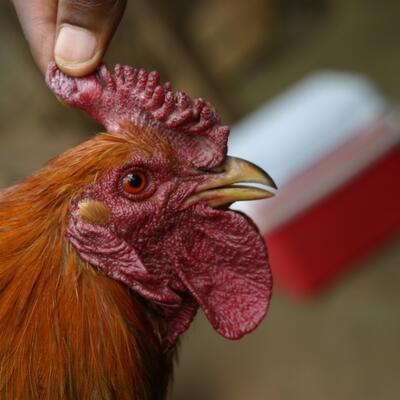
Improved chicken are good for our nutrition and health: Embaye and Atsede’s story

Embaye Brhane and Atsede Tsegay (photo credit: ACGG Ethiopia / Shumiye Belay)
Embaye Brhane, 72, and Atsede Tsegay, 66, live in the small village of Hadush Adi in Tahtay Maychew District of Tigray Regional State of Ethiopia. The couple have two children, a son and a daughter.
As beneficiaries of the African Chicken Genetic Gains (ACGG) and the Improving Nutrition Outcomes Through Optimized Agricultural Investments (ATONU) projects, the family received 25 Kuroiler breed chickens in 2015, out of which 4 died. Six cocks, from the 11 ones, were sold at the market for ETB 180 (7.7 USD) earning the family a ETB 1,080 (USD 46). Later, 8 hens started laying eggs at the age of 172 days, and because of good management, they now lay eggs every day giving the household about 56 eggs each week. Most of the eggs, around 70%, are sold at ETB 3 (USD 0.13) each at the local market, while the remaining ones are consumed at home.
The ATONU project works towards empowering women through model farmers. Embaye has been selected as one such model farmer by the project field assistant because he supports his wife in chicken feeding, watering, health-care and chicken house construction.
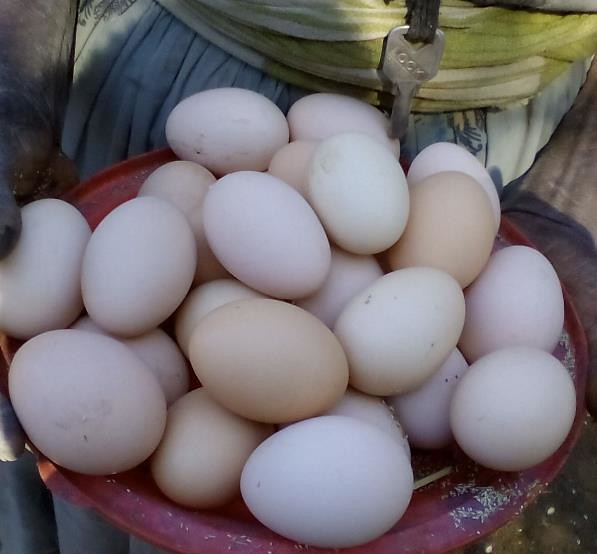
Showing off ‘ACGG eggs’
The couple say the ACGG and ATONU initiative has transformed their chickens farming and ATONU in particular has taught them the benefits of improved and diversified nutrition. ‘Our health status has improved dramatically because the family now consumes foods prepared from different food groups’, said Atsede. This approach adheres to ATONU’s promotion of chicken meat, egg, vegetable and fruit consumption to improve nutrition. The couple are happy that they were one of the project’s earliest beneficiaries in their village. They say they will consume chicken meat from cocks and sell some of them, but they will not sell their hens because their eggs are a key source of income and food for the family.





